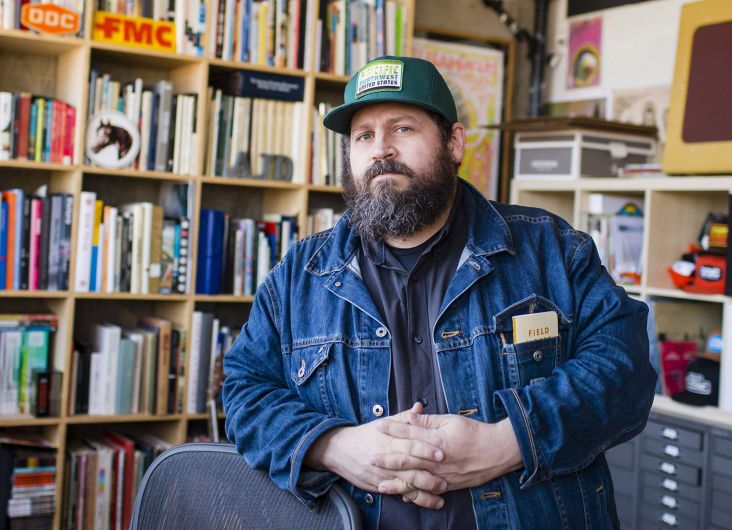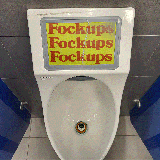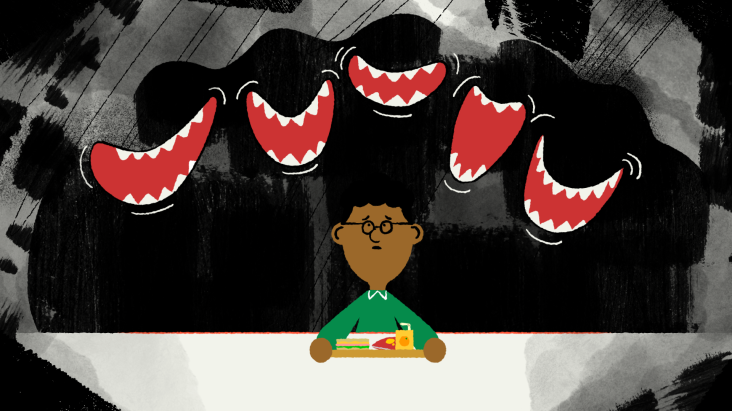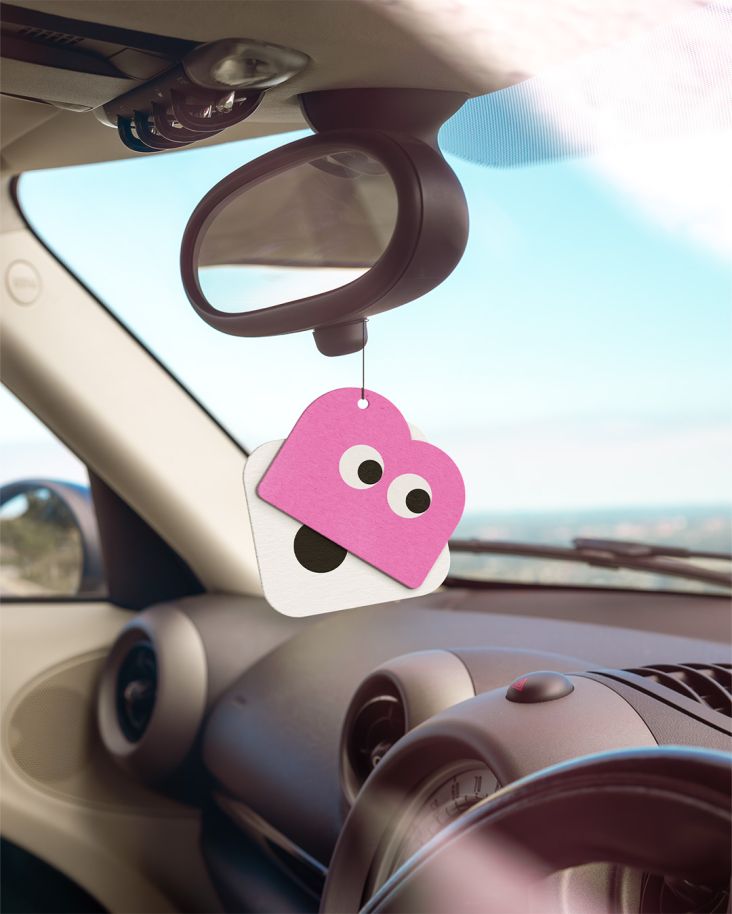What's the reality of freelancing, and is it right for me?
There are lots of pros to going freelance, but also quite a few cons. We give you an honest assessment of both to help you decide if it's the right lifestyle choice.

Image licensed via Adobe Stock
If you're thinking of going freelance, you're probably getting a lot of encouragement from people you know who've already taken the leap. "It's fantastic!" they'll rave. "I've got so much freedom: I can work where I want when I want. And I'm earning more, too. I wish I'd done it years ago!"
But is it really as simple as that?
Of course, your friends wouldn't be making all this up. And it's undeniable that there are upsides to freelancing, including the allure of being your own boss, working from anywhere, and choosing your projects.
But that doesn't mean there aren't downsides, too. And in truth, there are plenty of people who try freelancing only to return to full-time employment. So if you don't consider your decision with these downsides in mind, there's a danger you'll make the wrong one.
To present a balanced picture, this article will delve into the world of freelancing and see both sides. I'll start by exploring its alluring aspects, then address the less-good stuff: the challenges and tribulations you should be prepared for, which means it might not always be the escape you seek or the best choice for you.
In other words, I won't try to push you in one way or the other. But hopefully, I'll be able to help you make an informed decision that fits your own personal needs.
The alluring dream of freelancing
1. Work where you want, when you want
One of the most appealing aspects of freelancing is the freedom to set your own hours and work from any corner of the globe. No more commutes or rigid schedules; you are the master of your time.
Since going freelance as a writer and editor in 2016, I've taken this idea and pushed it close to its extreme. I've started doing house swaps via Love Home Swap (other sites are available) and have spent months at a time living and remote-working in places including Spain, The Netherlands, Australia, Israel and Guatemala.
Because I just need a laptop and an internet connection, I've worked on beaches, up mountains and even at sea. And if I fancy breaking off for a spot of lunch, to catch a local carnival or a hike up the side of a volcano, I can more or less do so whenever I like.
This approach doesn't work for everyone: many people need the regularity of a 9-5 and the stimulating atmosphere of a studio or office to get them motivated and disciplined. But because I love my work, that's never been a problem for me.
2. Choose the kind of projects you love
Another advantage of going freelance is the autonomy you can theoretically have over your work. There's no direct boss breathing down your neck, and you get to select the projects that align with your interests and skills rather than simply what your employer needs doing that day.
Note, though, the use of the word 'theoretically'. Because actually, at the start of your freelance career, you'll be so desperate to start getting in money that you'll probably take anything you're offered. (In fact, often when you leave a company, you'll get a phone call shortly after saying: "We couldn't find anyone to replace you, do you fancy coming back and doing the same thing as a freelancer?" And many people are happy to do that.)
Over time, though, that can all change. If you're good at what you do, eventually, multiple clients will start beating down your door, and you won't be able to take all of it on. This is a good point to start thinking: "What sort of work would I like to do the most?". And once you've decided, and you double down on that, the route to true freelance autonomy can be a pretty straight and speedy one.
3. Diverse opportunities
Stay in one job, for one company, and chances are your working days will become quite "samey". Freelancers, in contrast, have the privilege of working on diverse projects across different industries. This variety keeps your work engaging and allows you to continuously expand your skill set.
Again, this is a theoretical model that can take some time to work towards. When you start out as a freelancer, you'll probably need to specialise in a certain area because clients are unwilling to take on untested properties.
However, over time, as you get a reputation for a safe pair of hands, people will be willing to trust you more and give you fresh and diverse projects to get your teeth into. Even if, for example, you've never worked as an animator, the fact that you've done a good job for them as an illustrator or designer will mean it's quite likely they'll let you run with animation, too.
Freelancers have the privilege of working on diverse projects across different industries. This variety keeps your work engaging and allows you to continuously expand your skills.
The underbelly: What you should be prepared for
I've rattled through the reasons why freelancing can be a great career move. And I firmly believe that if you stick at freelancing long enough, all that good stuff will eventually come to you. But it probably won't happen overnight, and for most freelancers, the first couple of years can be stressful and difficult. Here are some of the main challenges that you'll face when you first go freelance.
1. You'll never have a regular income again
Let's be honest: the best thing about a traditional job is getting a regular wodge of cash in your bank account, month after month, without fail. You don't have to chase anyone for it. You'll get paid regardless of how well or badly you've performed. And you'll get paid even if you were sick and didn't work at all.
None of this applies to freelancing. Even in the best-case scenario, your earnings will inevitably fluctuate from month to month. That means you might struggle to pay your bills and rent or to buy food. Plus, you can't be sure how much you've got to spend at any one time because you're never 100% certain when the next cheque is coming in.
To navigate this challenge, it's crucial to have some savings in the bank before you take the plunge into freelancing. Over the long term, you'll want to diversify your client base as much as possible. Consider, for example, if one client goes bust, you might not get paid for any of your work for them. You'll also need to build up and maintain an emergency fund to cover lean periods.
2. You may struggle with self-discipline
As noted earlier, having no fixed hours is a double-sided coin. Unless you're very self-disciplined, you might end up wasting days procrastinating over work, and that can seriously eat into your earnings.
Self-discipline problems can also go in the other direction. You actually need the self-discipline to avoid taking on too much work or spending more time on it than you need to (for example, because you're a perfectionist). In this scenario, you can end up working far too many hours and burn yourself out.
If you're likely to veer down either of these paths, then make sure you establish a routine, early on, and set clear daily and weekly goals. If it's easier, you might even want to just stick to the 9-5 (if so, clients will love you because you'll be able to give quick responses during office hours).
That said, if you only ever work standard office hours, you'll be missing out on one of the main benefits of being your own boss. So once your freelance career is established and you're fully into the swing of things, then I'd recommend dipping your toes into working more flexibly in a way that suits you rather than other people.
3. It can be incredibly isolating
As most of us discovered during the pandemic, working from home has many advantages but also some big downsides. So you have to weigh the joy of not having to commute with the isolation of missing out on the camaraderie of office life. This can be draining, especially if you live alone, and you can ultimately spend days or even weeks without having a meaningful conversation with another human.
Of course, this is in no way inevitable; you just have to find other ways to engage with people. That might mean spending more time visiting friends and family or joining co-working spaces or online freelancer communities to stay connected.
4. You have to handle all the admin yourself
Freelancers are not just workers; they're also marketers, accountants, project managers, and more. Yes, you might get paid more than when you work in a full-time job. But in that scenario, other people will do everything from pay your taxes to supervise your occupational health. When you go it alone, all those responsibilities will end at your door.
Depending on your personality type, that can be invigorating or terrifying, or more normally, somewhere in between. Either way, it's vital to invest in tools and resources that streamline these responsibilities: check out this list to get started. And where feasible, consider outsourcing tasks to free up your time for what you do best.
5. You'll have to handle a lot of rejections
Freelancing can give you a great sense of self-worth, especially when you see money going into your account that you and you alone earned. On the flip side, you'll also get a lot of rejections. You can almost guarantee that not every pitch or proposal you make will be accepted. What's more, as an independent, potential clients often feel much freer to be rude about it, compared with a boss or colleague who's likely to see you on a day-to-day basis.
There's no real way to avoid this: rejections are simply an inevitable part of freelancing. So, you simply need to cultivate resilience and view each rejection as a learning experience that brings you closer to success.






















